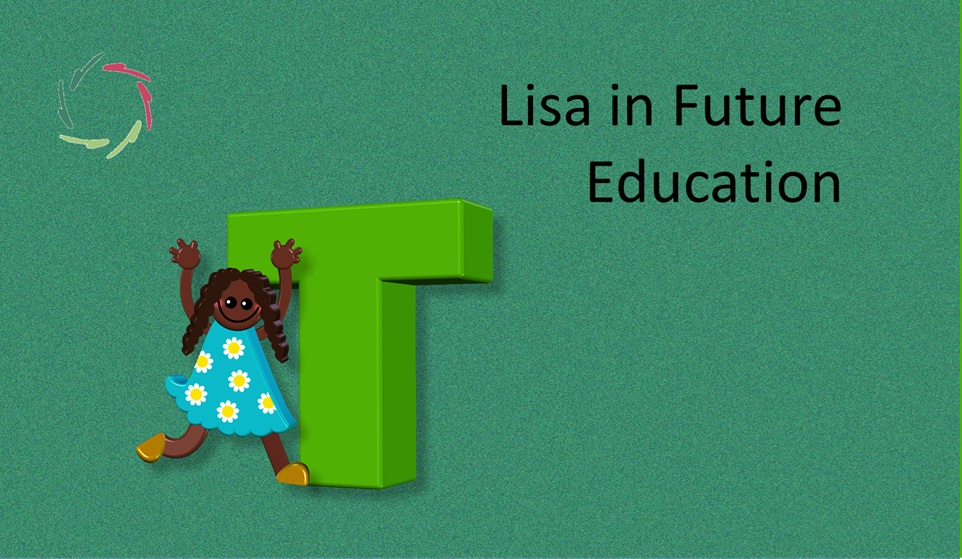Compassionate Pedagogy

This is the introduction to a Lisa File (45 p.). If you want the whole file, please contact lisa@aurelis.org, stating who you are and why you want the file. For more about the Lisa Files, click here.
Education is not just about the transfer of knowledge; it is about nurturing the whole person, fostering an environment where students can thrive intellectually, emotionally, and subconsciously. This is the essence of Compassionate Pedagogy, an approach that integrates the principles of Compassion and subconceptual processing into the learning experience. In today’s rapidly changing world, traditional educational methods, which often focus solely on cognitive development, fall short of addressing the diverse needs of students. Compassionate Pedagogy bridges this gap by recognizing students as complete individuals with complex emotional and non-conscious dimensions that significantly impact their learning and development.
Compassionate Pedagogy is crucial because it addresses the emotional well-being and mental health of students, which are increasingly recognized as essential components of effective education. The traditional emphasis on academic achievement alone can lead to stress, anxiety, and disengagement among students. By fostering a supportive and empathetic learning environment, Compassionate Pedagogy helps reduce these negative outcomes, creating a space where students feel valued and understood. This holistic approach not only enhances academic performance but also promotes personal growth, resilience, and a lifelong love of learning.
One of the fundamental tenets of Compassionate Pedagogy is the importance of subconceptual processing. This concept acknowledges that much of our cognitive activity occurs below the level of conscious awareness, influencing our thoughts, feelings, and behaviors. By incorporating teaching methods that engage students’ subconscious minds, educators can create more profound and lasting learning experiences. Activities that involve creativity, intuition, and reflective practices tap into this deep-seated knowledge, helping students connect new information with their existing understanding and fostering meaningful learning.
Compassionate Pedagogy also champions inclusivity and equity in education. It ensures that all students, regardless of their backgrounds or abilities, have equal opportunities to succeed and feel valued. By tailoring teaching methods to accommodate diverse learning styles and needs, Compassionate Pedagogy creates an inclusive classroom environment where every student can thrive. This approach not only promotes academic success but also helps students develop empathy, respect, and a sense of belonging.
Implementing Compassionate Pedagogy requires a shift in educational practices and attitudes. Teachers must adopt empathetic communication, positive reinforcement, and interactive teaching methods to build trust and support students’ holistic development. This approach demands continuous professional development and support for educators to effectively integrate Compassionate practices into their teaching. Despite these challenges, the benefits of Compassionate Pedagogy are far-reaching, offering a transformative approach to education that prepares students for the complexities of the modern world.
In conclusion, Compassionate Pedagogy is not just an educational approach; it is a commitment to nurturing the whole person. By integrating Compassion and subconceptual processing into teaching practices, educators can create a learning environment that supports students’ intellectual, emotional, and subconscious needs. This approach enhances academic performance, promotes well-being, and fosters personal growth, ultimately leading to a more Compassionate, inclusive, and effective educational system.


